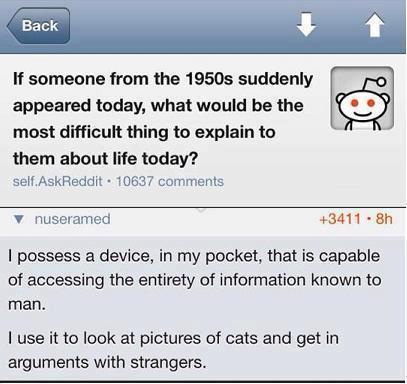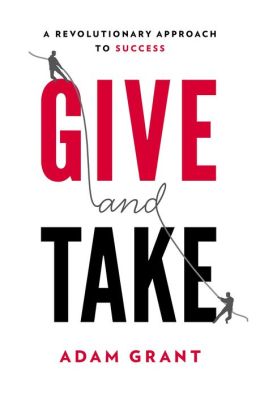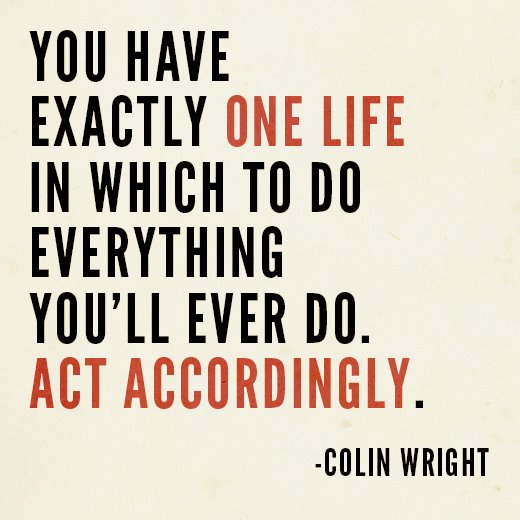What 10 key lessons can we learn about living the good life from studying older people?
ve posted about three major studies of older people that gave deep insight into what makes a good life: The Terman study (which followed over 1000 men and women from childhood into old age) The Grant study (which followed a group of young men at Harvard from college until the end of life) The Legacy Project (which interviewed almost 1500 people ages 70-100+) Here are my top ten takeaways from the research: 1) What it takes to live a long…
5 minutes
What 6 secrets can the oldest couples teach us about how to have a long, happy relationship?
rl Pillemer of Cornell University interviewed nearly 1500 people age 70 to 100+ for his book “30 Lessons for Living: Tried and True Advice from the Wisest Americans.” What did they have to say about long, happy relationships? Via 30 Lessons for Living: Tried and True Advice from the Wisest Americans: Here’s the “refrigerator list” of lessons for successful married life: 1. Marry someone a lot like you. Similarity in core values and background is the key to a happy marriage.…
2 minutes
Important Life Lessons: What’s The Most Important Life Lesson Older People Feel You Must Know?
rl Pillemer of Cornell University interviewed nearly 1500 people age 70 to 100+ for his book “30 Lessons for Living: Tried and True Advice from the Wisest Americans.” He asked them what life lessons they'd pass on. What piece of advice were they more adamant about than any other? More adamant about than lessons regarding marriage, children and happiness? Do not stay in a job you dislike. Via 30 Lessons for Living: Tried and True Advice from the Wisest Americans:…
3 minutes
Adam Grant Teaches You The Right Way To Give And Take
am Grant is the youngest tenured and highest rated professor at the Wharton School of Business at the University of Pennsylvania. He is the author of the excellent book, Give and Take: A Revolutionary Approach to Success. I spoke with Adam about how nice guys finish last and first, what really leads to expertise and how empathy can beat objectivity, among other things. Nice Guys Finish Last – And First Adam: The big idea is that there's three fundamental styles of interaction…
5 minutes
How can you live a life without regret?
rl Pillemer of Cornell University interviewed nearly 1500 people age 70 to 100+ for his book “30 Lessons for Living: Tried and True Advice from the Wisest Americans.” He asked them what life lessons they would pass on. What did they say about avoiding regrets? Via 30 Lessons for Living: Tried and True Advice from the Wisest Americans: Here’s the refrigerator list for regret reduction: 1. Always be honest. Avoid acts of dishonesty, both big and small. Most people suffer from…
3 minutes
What five secrets about life can you learn from those who have lived the longest?
piece in the Harvard Gazette covers what Karl Pillemer of Cornell University learned from studying nearly 1500 people age 70 to 100+ for his book "30 Lessons for Living: Tried and True Advice from the Wisest Americans." What insights did he come away with? 1) Remember that life is short. His research began with a simple question: “What are the most important lessons you have learned over your life?” Respondents included homemakers, entrepreneurs, and even a former Tuskegee airman,…
2 minutes
To Help Others The Right Way, Do These 5 Things
ve posted a number of times about how helping others makes you happier. But I know this leaves some people scratching their heads: How much should I help others? How often? Will I be exploited? Will I end up resenting people I love if they don't reciprocate? We all know selfless givers who are taken advantage of and taken for granted. Nobody wants to feel like a sucker. So this simple thing doesn't seem so simple -- and it feels…
3 minutes
2 Things That Lead To A Happy Life, Backed By Research
ve posted a number of times about two nearly-lifelong studies: the Terman Study (covered in The Longevity Project) and the Grant Study (covered in Triumphs of Experience.) While different in some respects, both followed a sample of people from youth until death and provided insights into what makes for a happy life. What two big ideas do they both strongly agree on? 1) A Happy Childhood Matters More Than You Think The Grant Study found being happy when you're…
4 minutes





